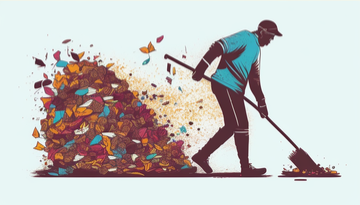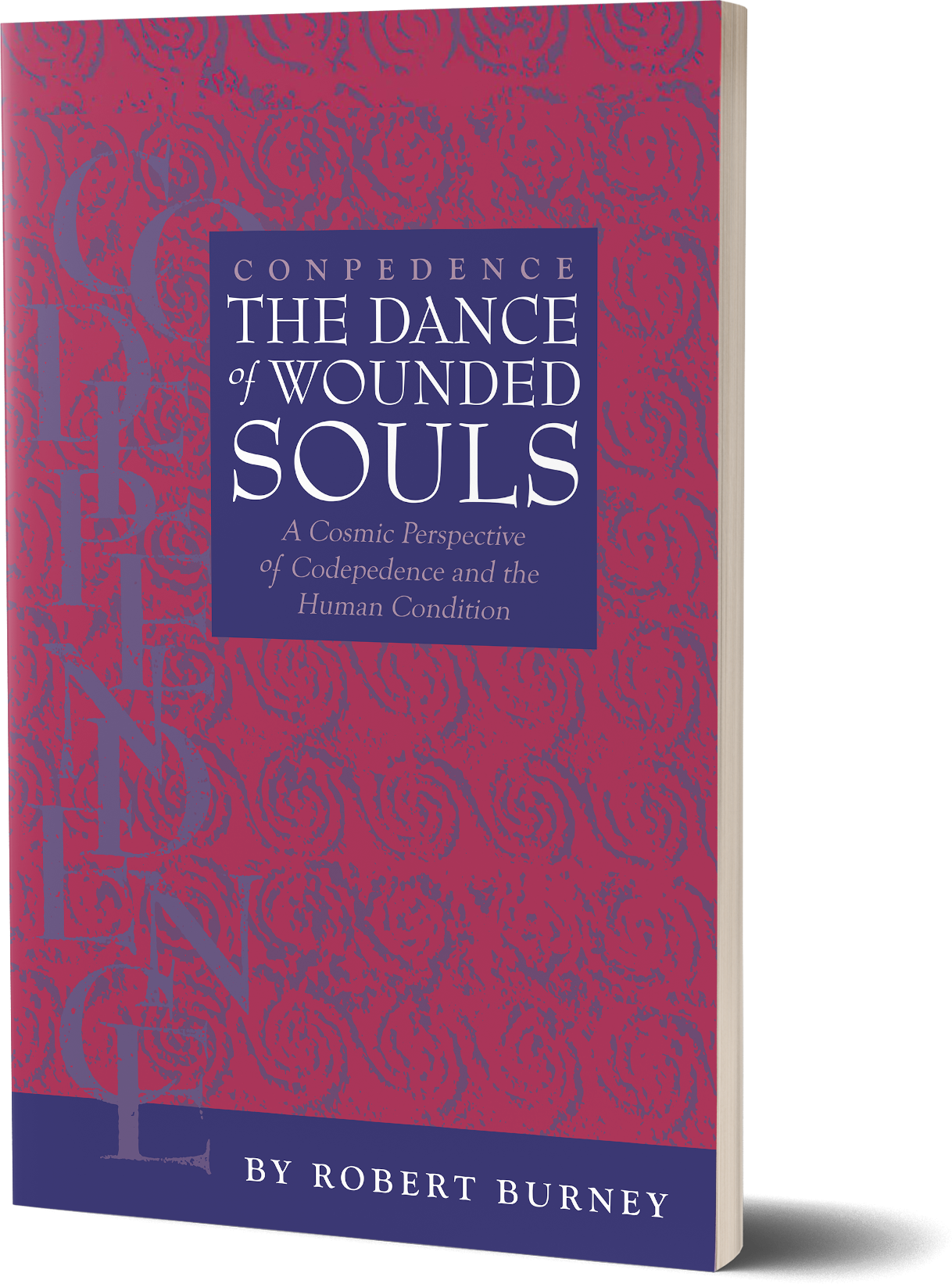The Miracle of The Twelve Step Process:

I am going to start off this article with a quotes from my last article in this series:
. . . . . . Even though this page is about step 4, I included step 5 and 6 above because I want to first address the shaming language in which the twelve steps - as used in AA and adapted by CoDA - are written. Step 6 actually refers to the negative side of the inventory done in step 4, so is a part of the 4th step process. (As is step 8 which is list of people we have harmed. I am going to deal with steps 4 through 9 in the next article because they are all part of the 4th step process.)"
The 12 Steps of Co-Dependents Anonymous
4. Made a searching and fearless moral inventory of ourselves.
5. Admitted to God, to ourselves, and to another human being the exact nature of our wrongs.
6. Were entirely ready to have God remove all these defects of character.
7. Humbly asked God to remove our shortcomings.
8. Made a list of all persons we had harmed, and became willing to make amends to them all.
9. Made direct amends to such people wherever possible, except when to do so would injure them or others.
(The only difference between AA & CoDa versions is AA uses Him in the 7th step instead of God.)
12 Steps for Kids
author unknown
4. I wrote down all of the things that bother me about myself and others, and the things that I like too.
5. I shared these with someone I trust because I don't have to keep them a secret anymore.
6. My Higher Power helps me with this, too.
7. The more I trust myself and my Higher Power, the more I learn to trust others.
8. I made a list of the people I hurt and the ways I hurt myself. I can now forgive myself and others.
9. I talked to these people even if I was scared to because I knew that it would help me feel better about myself.
The 12 Steps to Recovery for Codependents
From Choicemaking by Sharon Wegscheider Cruse
4. We make an inventory of ourselves, looking for our mental, emotional, spiritual, physical, volitional, and social assets and liabilities. We look at what we have, how we use it, and how we can acquire what we need.
5. Using this inventory as a guide, we admit to ourselves, to God as we understood him, and to other caring persons, the exact nature of what is within that is causing ourselves pain.
6. We give to God as we know him all former pain, hurt, and mistakes, resentments and bitterness, anger, and guilt. We trust that we can let go of the hurt that we cause and receive.
7. We can ask for help, support, and guidance and be willing to take responsibility for ourselves and to others.
8. We begin a program of living responsibly for ourselves, for our own feelings, mistakes, and successes. We become responsible for our part in relationship to others.
9. We make a list of persons to whom we want to make amends and commence to do so, except where doing so would cause further pain for others.
16 Steps for Discovery and Empowerment
author unknown
4. We examine our beliefs, addictions, and dependent behavior in the context of living in a hierarchal, patriarchal culture.
5. We share with another person and the Universe all those things inside of us for which we feel shame and guilt.
6. We affirm and enjoy our strengths, talents, and creativity, striving not to hide these qualities to protect other's egos.
7. We become willing to let go of shame, guilt, and any behavior that keeps us from loving our Selves and others.
8. We make a list of people we have harmed and people who have harmed us, and take steps to clear out negative energy by making amends and sharing our grievances in a respectful way.
9. We express love and gratitude to others, and increasingly appreciate, the wonder of life and the blessings we do have.
Step 4
4. Made a searching and fearless moral inventory of ourselves. (AA & CoDA)
4. We examine our beliefs, addictions, and dependent behavior in the context of living in a hierarchal, patriarchal culture. (Discovery and Empowerment)
4. I wrote down all of the things that bother me about myself and others, and the things that I like too. (Kids)
Step 4 is an inventory that is vitally important in helping us to become more conscious and began the process of taking responsibility for our lives. There are various ways to do the inventory - all of which involve writing. Doing a chronological inventory can be very helpful. Starting with our earliest memories and working our way up through our life writing about any memories of things which we did that we feel some guilt or shame about. Any memories that we feel some emotional charge around - including those which are painful, that we feel angry about, that we would be scared to tell someone else about.
This can also be done by writing an inventory around major issues - instead of, or in addition to a chronological inventory. Major issues like - family, relationships, school, work, money, sex, etc. Many 12 step workbooks outline different formats for doing the inventory.
It is very important to uncover our secrets. The old adage "that you are as sick as your secrets" has a great deal of Truth in it. The reason it is so important to bring our secrets to the Light is because they are hurting us. Anything that we are giving power to, that has enough energy for us to put an effort into keeping it secret (consciously or unconsciously), is hurting us. Any secrets that we are keeping that we feel shame and guilt around, are issues that need to be healed so that we can forgive ourselves and change our relationship with self into a more Loving relationship.
That doesn't mean we have to broadcast them to everyone. What is important is to get honest with ourselves about them. The first step to doing that is to bring them to the Light enough to write them into our inventory.
It is important to do an inventory of the negative things from our past that we feel guilt and shame about. It is also important not to just do a negative inventory. As I said in my last article:
I was very good at doing a negative inventory - I had been doing that all of my life, judging and shaming myself. For me in early recovery, the fearless and searching moral inventory was a way to beat myself up for being defective.
On the positive side of the inventory, here are some actions I would suggest to help you start changing your relationship with self.
1. Make a list of positive characteristics/traits that you possess. (i.e. loving, kind, patient, etc.)
2. Make a list of gifts that you came into this life with. (i.e. musical talent, good looks, athletic ability, etc.)
3. Make a list of actions you have taken that were loving and positive for yourself. That is, things that you have done that protected or nurtured or helped you in some way - even if at the time you were not aware that you were doing them, on some level, out of self love - that is, you might have thought you had no other choice. (i.e. getting into recovery, going to meetings, leaving an abusive situation, graduating from school, etc.)
4. After making your own lists, ask three friends to tell you some positive characteristics, talents, and actions that they see in you/are aware of.
Some assignments that I would give to someone working on a fourth step (or just in support of their recovery in general) would be:
Do at least 3 positive affirmations as least 3 times a day. (We learned to negatively affirm ourselves several hundred times a day so there is no such thing as doing too many positive affirmations.)
Work on being conscious of/observing the negative messages and judgments the critical parent voice within you is giving you every day - and start catching them and changing the negative affirmations to positive as often as you can. (Or softening them, i.e. change stupid to silly or sweetheart, etc.)
Any compliment you get just say Thank you. - do not minimize, explain away, turn back on the other person, or make a joke out of them. (Humility includes the humility to receive - one of the hardest things for many of us. It is important to start opening to receive.)
At least once a day, look in the mirror and say "I Love you" to your self.

